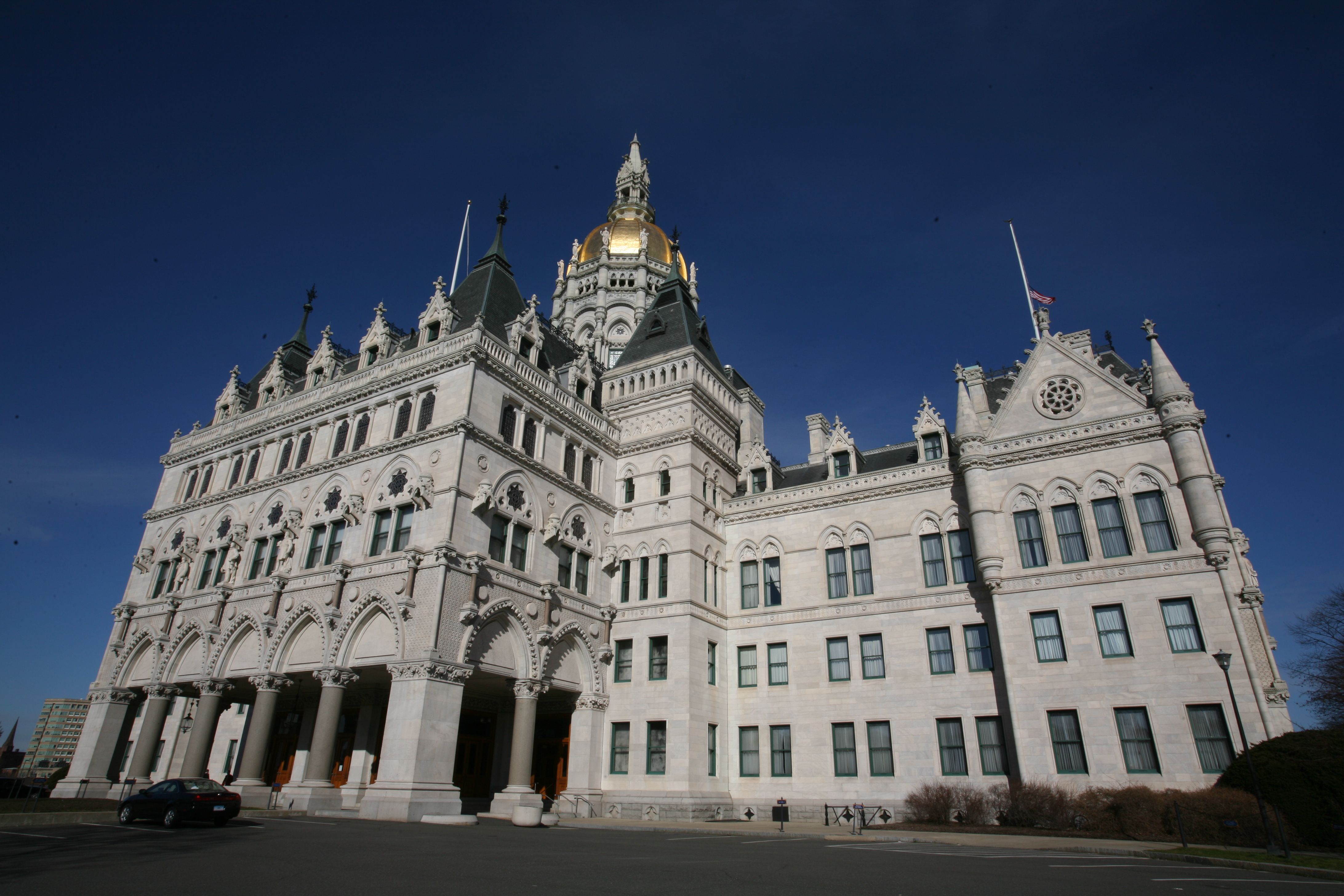
Key Highlights:
- Connecticut’s legislature has decided to go against the growing trend of other states pursuing cryptocurrency reserves. Instead, it has passed a bill to prohibit such investments for the state.
- This decision follows similar legislative movements in states like New Hampshire, Arizona, and Texas, which are advancing toward the establishment of digital assets reserves.
- These states are acting more rapidly than the federal government, which is currently under directives from President Donald Trump to create a bitcoin reserve.
Going against the recent trend of state governments in the U.S. pursuing cryptocurrency investments, the Connecticut General Assembly has implemented a ban against that New England state despite others exploring digital asset reserves as part of their fiscal strategies.
According to unanimous decisions in both its House and Senate, Connecticut passed a bill this week blocking the state’s government from purchasing, holding, investing in, or establishing any kind of reserve for virtual currency, as well as prohibiting crypto payments. This counters efforts in states such as New Hampshire and Texas, where moves are being made to create reserves that align with the federal government’s intentions as directed by President Trump’s administration.
The lawmakers in Connecticut, which ranks in the middle among state economies, also imposed stricter regulations on crypto firms operating under the state’s money-transmitter license. After Trump issued an order in March to his administration to set up a bitcoin reserve, a wave of states moved toward similar initiatives, although many faced opposition or timing issues. New Hampshire was the first to authorize such measures, while Texas is awaiting a signature from Governor Greg Abbott on a similar bill, and Arizona has initiated more moderate actions aimed at creating a reserve for unclaimed digital assets.
“As legislative sessions conclude across the country, we’re thrilled about the strong momentum behind pro-Bitcoin and digital asset legislations,” said Dennis Porter, the founder of the Satoshi Action Fund advocating for the establishment of these reserves. “Unfortunately, Connecticut has opted out of this opportunity—for now. However, we remain hopeful that as more states adopt Bitcoin and recognize its benefits, Connecticut will follow suit.” Porter also noted that North Carolina and Ohio remain potential candidates for reserves this year.
The federal government has yet to commence any asset relocation to a reserve, as agencies led by the Department of the Treasury continue to gather information on all digital assets held across various public sectors. Once this data is complete, the Trump administration directed that all available crypto be designated as a long-term investment, with no taxpayer money allocated to acquiring anything beyond what has been seized in legal cases.
For further legislative developments on cryptocurrencies in states, California’s lawmakers are also drafting legislation to facilitate digital asset payments through a state pilot program.


